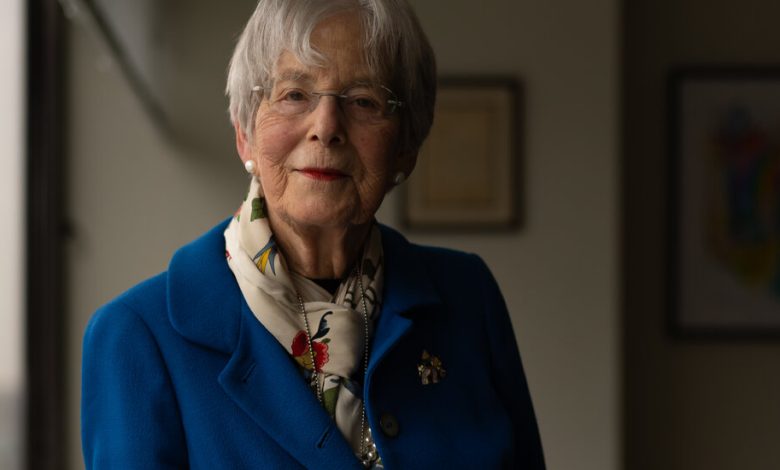A Billion-Dollar Donation (Without a Billion-Dollar Ego)

A few days before it was announced that a former professor at Albert Einstein College of Medicine in the Bronx was giving the school $1 billion to ensure free tuition pretty much forever, came word of another significant donation, though one not nearly as astonishing in sum or association. Julia Koch, one of the richest women in the world, was giving $75 million to a medical center in West Palm Beach, which, as The Chronicle of Philanthropy noted, serves “one of Florida’s fastest-growing wealthy enclaves.”
Giving to hospitals in places where someone might have a second or fifth house is a favored cause of the rich. A single summer party on Long Island might raise millions of dollars for Southampton Hospital. This facility in Florida would be called the Julia Koch Family Ambulatory Care Center.
The Einstein gift, which came from a 93-year-old woman named Ruth Gottesman, is remarkable not only for its size but also for the absence of any apparent vanity surrounding it, the fortune having been quietly made by her husband, to whom she was married for 72 years. David Gottesman, known as Sandy, an investor and early acolyte of Warren Buffett’s, was not a creature of Page Six or TV, of divorce settlements, $500 million yachts, Davos or social-media diatribes. As the billionaire class has grown, modern philanthropy has become more extravagant in tandem with the egos and expectations driving it, a cry for the kind of political and social influence to which the Gottesmans seemed so pleasingly indifferent.
According to new research from CASE, an organization for academic administrators involved with fund-raising, $58 billion in charitable giving was turned over to colleges and universities during the 2023 fiscal year. It was the second highest amount on record, and the number of gifts totaling $100 million or more — 11 of them — surpassed the figure in 2022.
If the news of the Gottesman gift was received with such admiration and excitement, it was in part because it seemed to drown out the noise of transactionalism banging around so much generosity. Rarely had it been louder than it was in recent months when some of the most successful people on Wall Street made it their side hustle to work toward ousting university presidents whose ideologies and management styles were not aligned with their own.
“There’s a wonderful humility to the story,” Amir Pasic, dean of Indiana University’s Lilly Family School of Philanthropy, observed, especially given what he described as a “change in sentiment” among donors, who look at giving as an investment rather than “a community process.” This dynamic is much more prevalent now than it was even 20 years ago.





